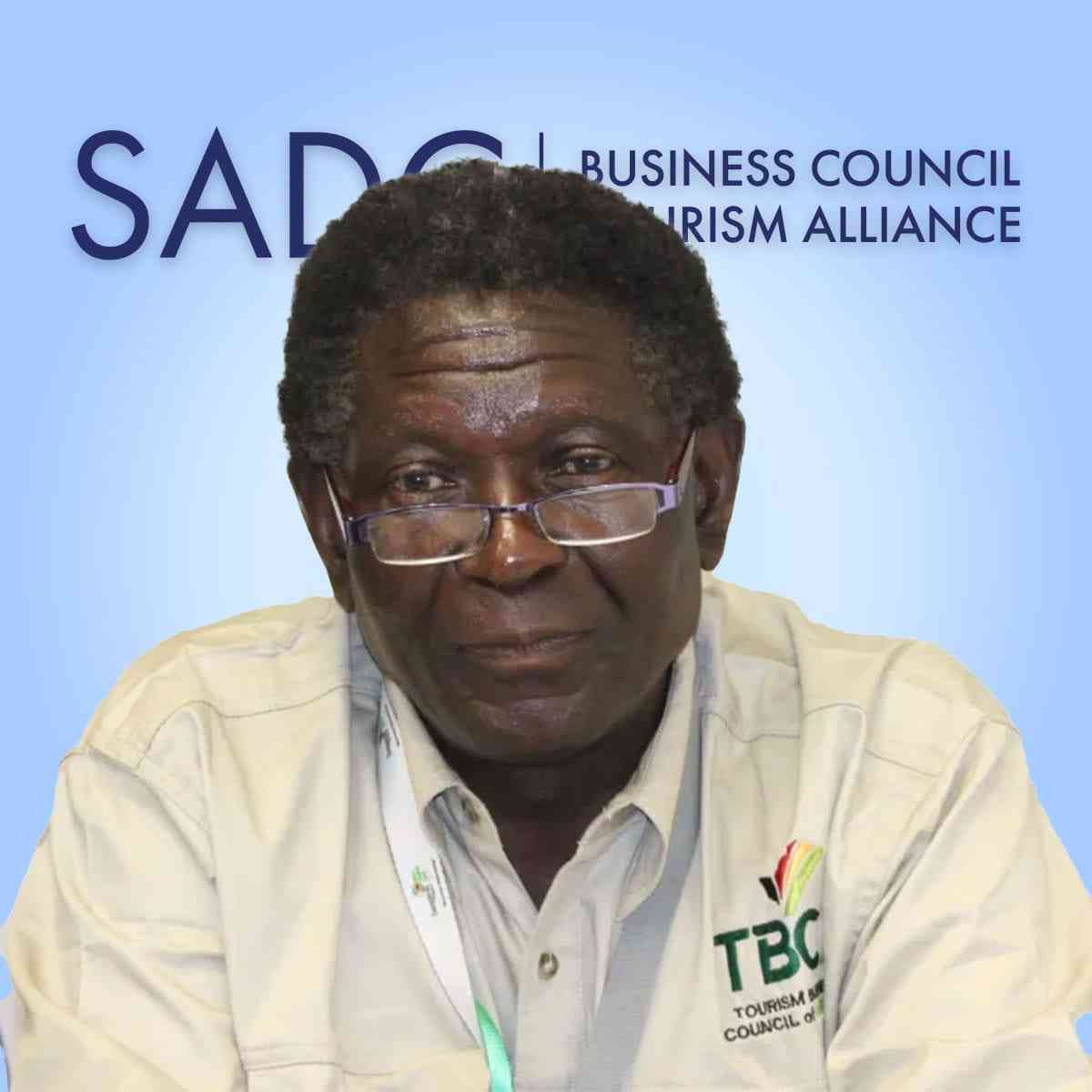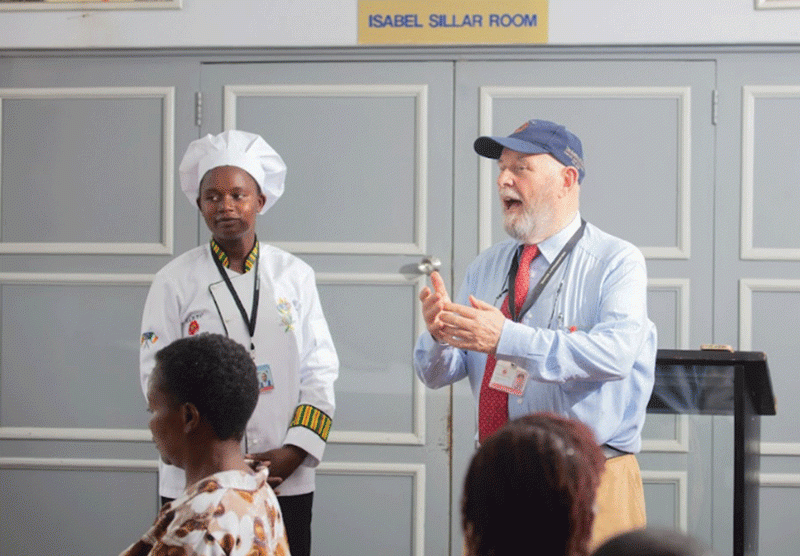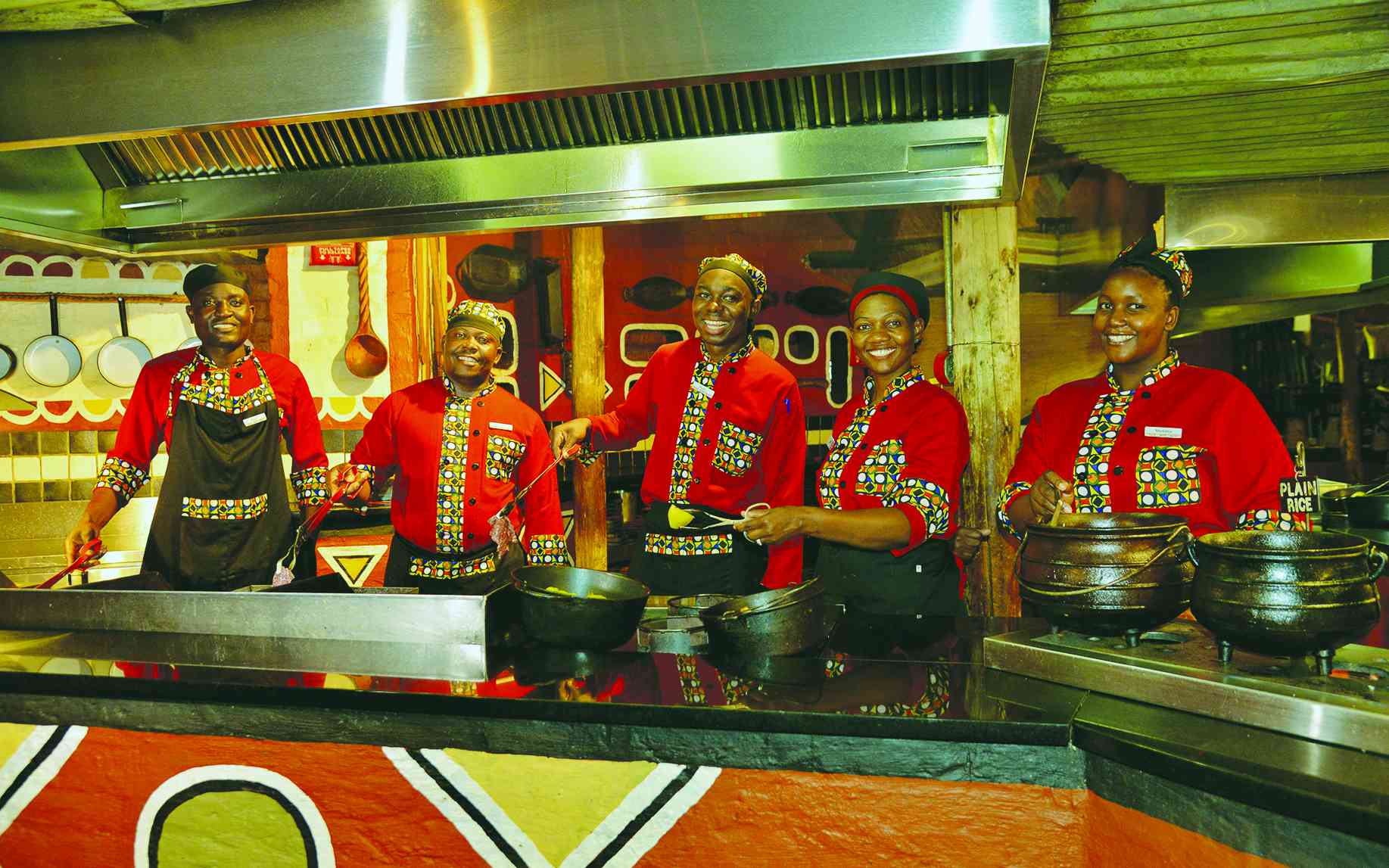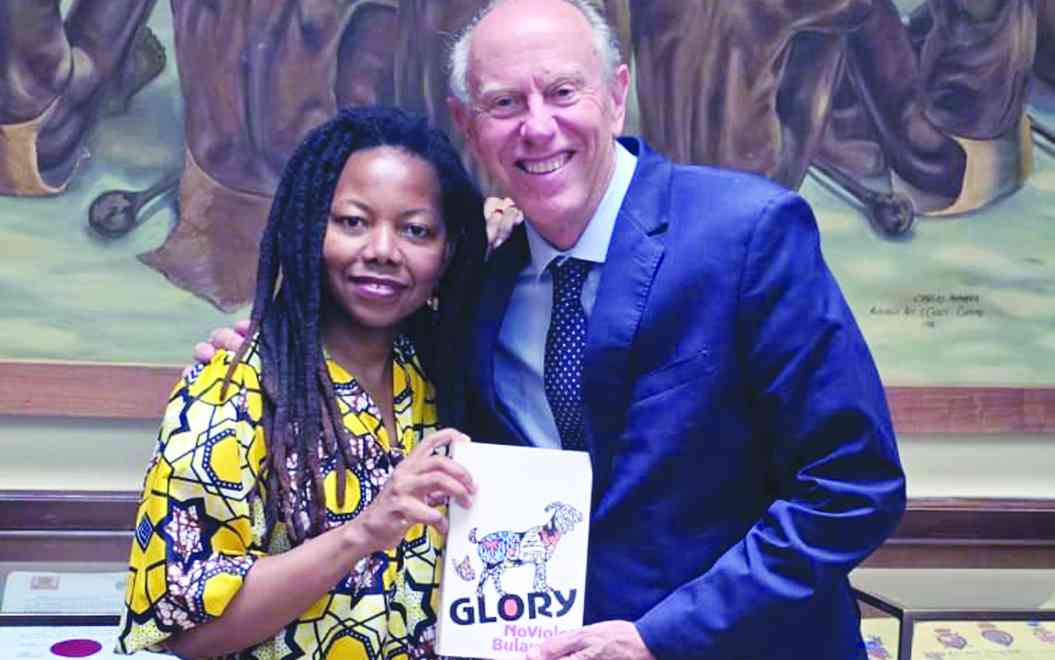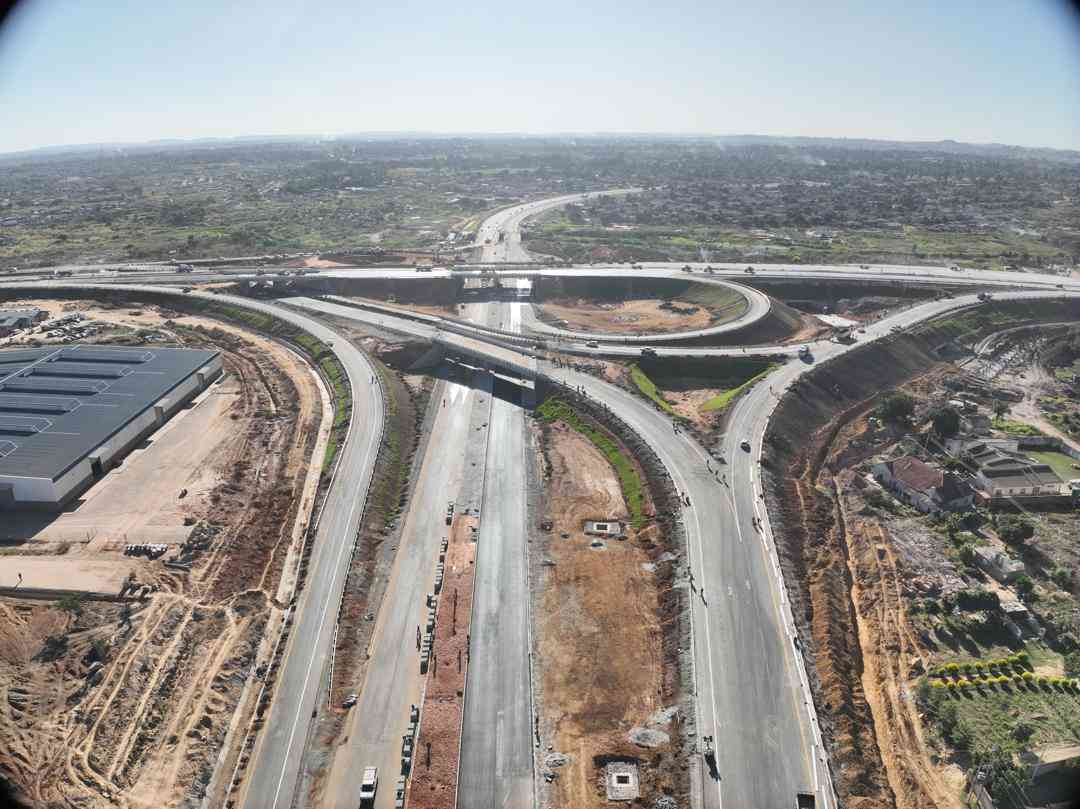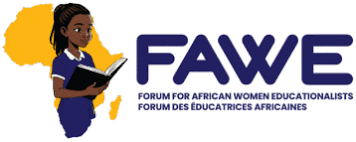
A transformative and inclusive educational programme set to benefit more than 10 000 marginalised young women and men across 10 African countries has been launched in Zimbabwe.
The FAWE Mastercard Foundation Phase II Programme 2024–2030 — titled “Second Chance Pathways for Increased Access to Tertiary Education for Marginalised Young Women and Men” — will directly benefit youth from economically disadvantaged backgrounds, conflict and climate-affected regions, refugee communities and those impacted by harmful cultural practices.
The launch, held last week on Friday at Golden Conifer in Strathaven, Harare, was hosted by the Zimbabwe chapter of the Forum for African Women Educationalists (Fawezi).
The event drew an esteemed and diverse gathering of stakeholders, including representatives from academia, government, civil society, and the private sector from across Africa.
Higher and Tertiary Education minister Fredrick Shava was represented by permanent secretary Professor Fanuel Tagwira, who presided over the ribbon-cutting ceremony to officially unveil the programme.
Distinguished guests included Dr Martha Muhwezi, executive director of FAWE Africa, Dr Fay Chung, Fawezi founding member and former Minister of Education, and Queen Nozizwe Ka Mulela of Eswatini, who serves on the FAWE Africa board.
Also present were representatives from FAWE chapters across nine African countries, students from Seke Mhuriimwe High School, and key Fawezi leaders, including executive committee chairperson Professor Ruth Gora and executive director Lydia Madyirapanze.
In a significant development, the launch coincided with the unveiling of the Fawezi Strategic Plan 2024–2028.
- ED invited to Queen Elizabeth II funeral
- Dissecting Mnangagwa’s new cabinet
- Belarus army general’s visit raises eyebrows
- Where are you Higher and Tertiary Education minister?
Keep Reading
“We are committed to working with all stakeholders to address the systemic barriers that prevent women and girls from accessing quality education,” Professor Gora said during her opening remarks.
Over the next seven years, the programme will be rolled out in Zimbabwe, Ghana, Ethiopia, Liberia, Malawi, Rwanda, Zambia, Uganda, Senegal and Tanzania.
It will target young people aged 15 to 25 and operate in collaboration with various institutions of higher learning in Zimbabwe, including Chinhoyi University of Technology, Midlands State University, Lupane State University, Manicaland State University and Bindura University of Science Education.
In addition, partnerships have been established with technical and vocational training institutions in Bulawayo, Harare, Gweru, Kwekwe, Mutare and Esigodini Agricultural College.

